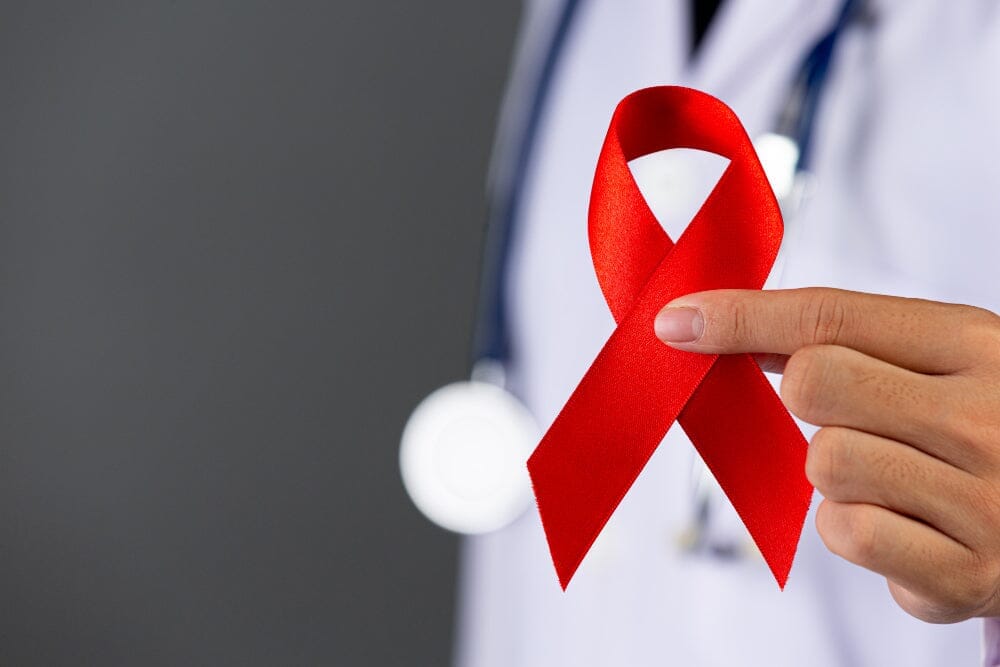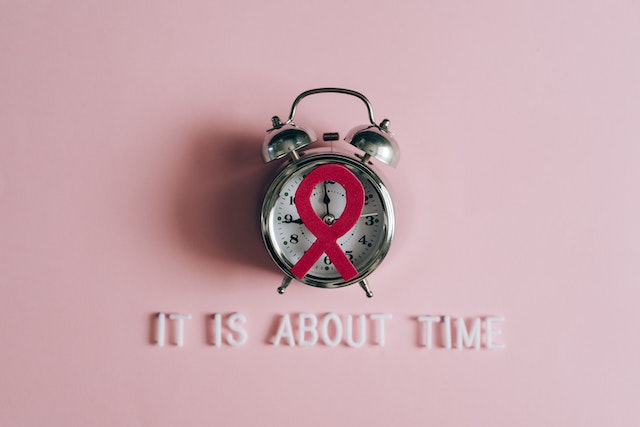
Can a normal blood test detect HIV? Do I need an HIV test?
Time to read 5 min
Time to read 5 min
A normal test, in many cases, can not detect the presence of HIV virus. You need a specialised HIV test to know if you have the virus. You can test the impact of the virus on your critical biomarkers, which can help you assess your biological condition better.
A normal blood test can also only detect anomalies through highly specific markers. A vitamins and minerals test can not detect HIV as it doesn't capture the ELISA test markers. For HIV testing, you need a specialized sexual health and wellness test.
It's also important to note that if you are experiencing the symptoms of HIV and have been at risk in the past few weeks, then you should get tested for HIV immediately. An antigen antibody test can help you to get clarity on whether you have the virus or not.
An HIV diagnosis test will also provide complete clarity on whether you have the virus. You can book an HIV package online to get tested, as you will know if you have the virus if you get an HIV test done. You can get your report generated based on the window period of exposure.
Living with HIV is also streamlined through the right medication and protective protocols. You can get antibody tests that detect the virus faster than when drawing blood from a finger, to know your risk factor for HIV over time.
It is critically important to get an HIV test done on time because of the risk factors present for people. You can develop a myriad of complications and secondary diseases if you are not careful with your HIV diagnosis.
You need the right type of HIV test performed immediately, to know if you are at risk of the condition.
The critical risk for anyone with HIV is the risk of spreading it to a loved one. You can unknowingly infect someone else with HIV if you have a significant viral load. You should get a test done immediately to assess your core risk.
Your symptoms may worsen over time, leading to deteriorating overall health condition. You can be constantly weak, experience long-term fevers, have muscle wastage, etc. as a result of not treating HIV over time.
You can develop complex medical conditions that are secondary from HIV because your immune system is highly compromised. You need the right treatment protocols to help you reduce the damage to your system.
A major risk factor for individuals with HIV is the development of AIDS. This is a life-threatening condition that can be prevented if you get tested for HIV faster. You can also control your risk of transmitting AIDS if you are aware of your risk factor.
There are several symptoms of HIV that you should be aware of, so that you can gain better control over the medical condition. You can also identify these symptoms sooner, and get the right treatment started quicker.
By getting the right treatment at the right time, you can ensure that the viral load is contained and that you don't experience critical challenges with everyday life. You can also improve your immune system with the right treatment.
You can experience the following symptoms over time, which need to be addressed with a core test and analysis for HIV.
There are multiple types of HIV tests that can be performed to help you determine if you have HIV and what your viral load is. It is important to understand both, as you may need to understand your risk factor long-term.
Antibody testing for HIV can provide quick results of whether you have HIV through the checking for antibodies to HIV in the body. You can get a home test option, and get your results emailed directly to you.
This form of testing is designed for checking for HIV antibodies and antigens within the body. It is one of the best ways of checking for the HIV virus and can be performed in many of the leading hospitals in the country.
This is the viral load test in which the clinician will collect a blood sample from your veins, and send it to the lab for viral load testing. If you have been recently exposed to the virus or have received a negative test result for antigen/antibody testing, then you should get the NAT test.
There is a great way to get an HIV test delivered to your address directly. You can place an order on MyDiagnostics and have your HIV blood sample drawn from a trained clinician at home. This will make it easier to get tested, and receive your report in a private manner via email.
You can assess your risk through the HIV blood test, and know if you have the virus. Your blood test report will also contain insights on what you can do next after you've received your result.
You can reach out to a specialist who can provide the right treatment and medication for you to manage the condition long-term. You can also inform your partner about your results, ensuring complete transparency.
The HIV test price is INR 3500 through MyDiagnostics. You can place an order on our platform and receive a complete STD and HIV test package. Through the at-home testing option, you can check your status via laboratory testing.
The HIV test cost in India is inclusive of 9 STD and 1 HIV (I & II) testing. This ensures that even if you are negative in HIV, you can know your risk of contracting other STDs through the STD test.
You can get a partial report generated within 24-48 hours, with a more complete report within 7 days. This helps you know if you have HIV quickly, allowing for faster initiation of medication and treatment.
* Medical Disclaimer - The following information is for educational purposes only. No information provided on this website, including text, graphic, and images, are intended as substitutes for professional medical advice. Please consult with your doctor about specific medical advice pertaining to your condition(s).


